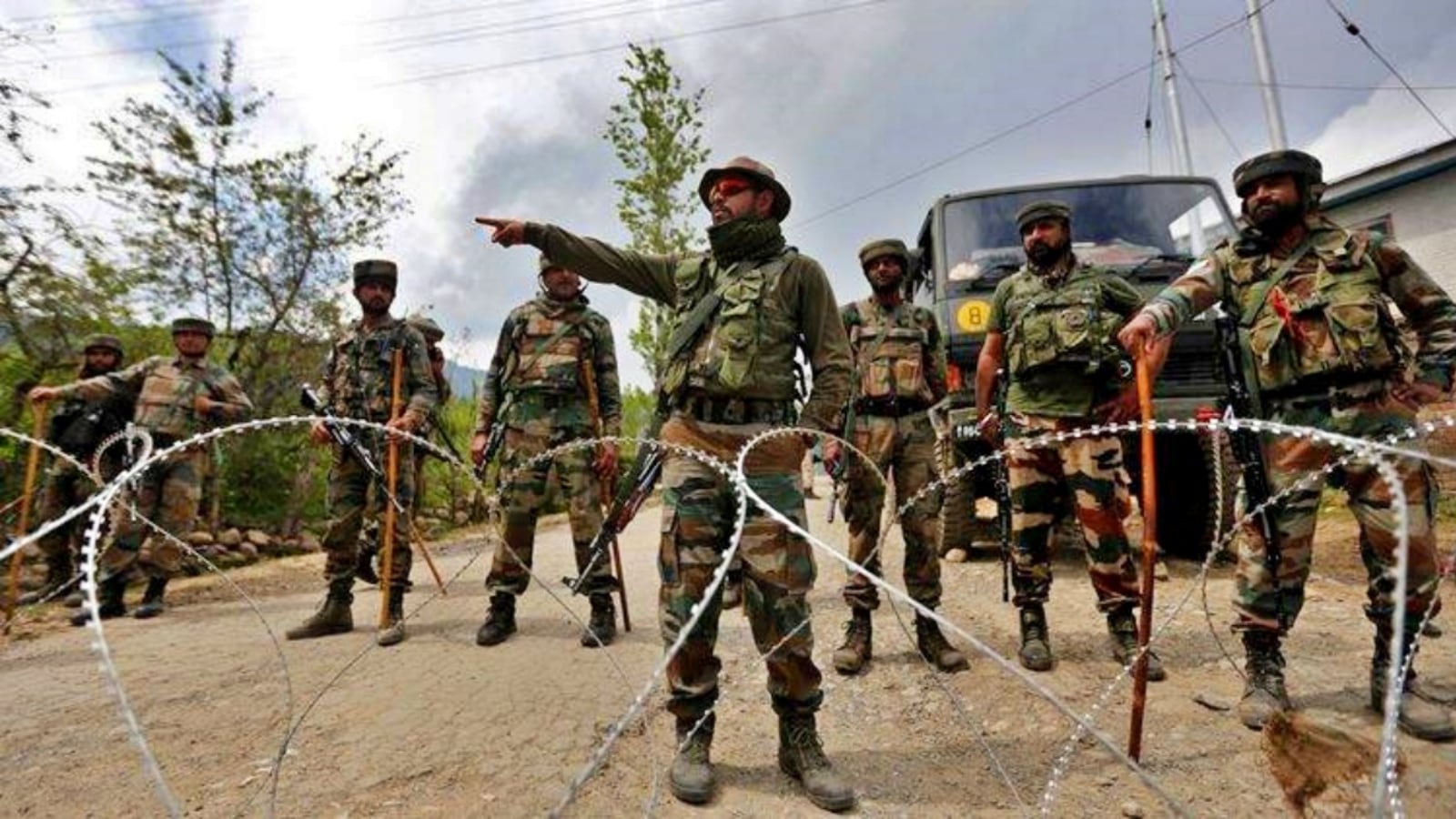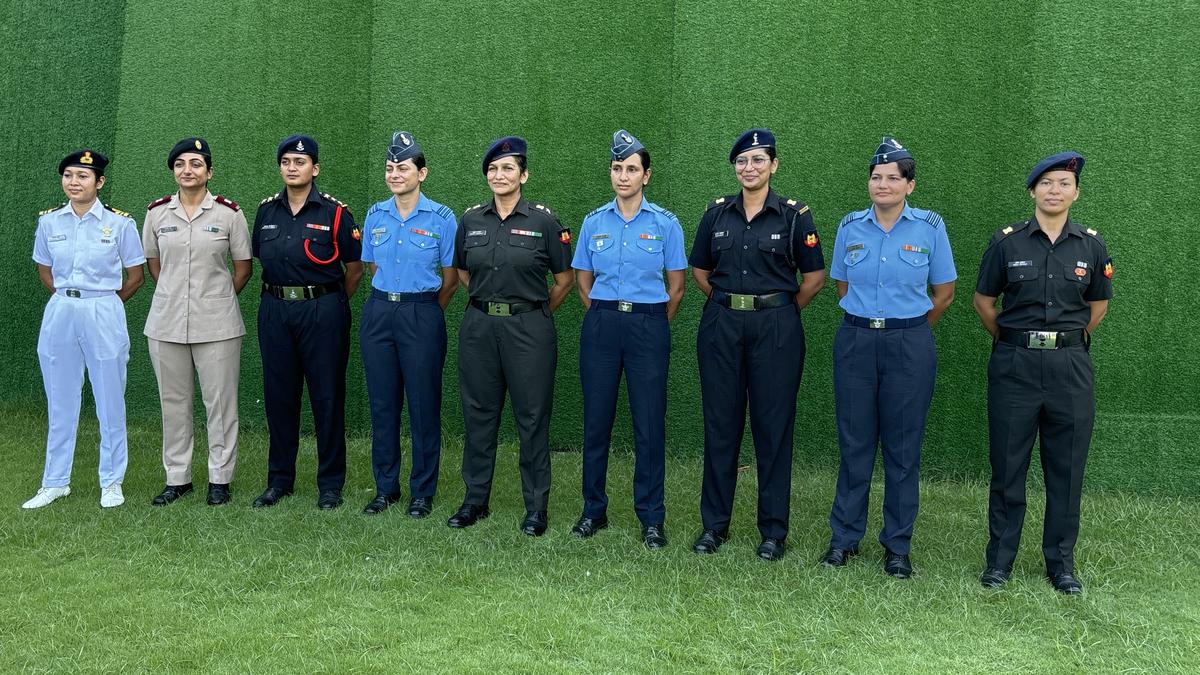A “trade embargo” imposed by the United Naga Council (UNC), the apex body of Nagas in Manipur, from midnight on September 8, affected the movement of goods-carrying vehicles in the Naga-dominated hilly areas of the State.
While shops and business establishments were exempted from the “trade embargo,” trucks and other non-passenger commercial vehicles were stranded on all major roads, including the arterial National Highway 2, in the Naga-inhabited areas.

The UNC said the ‘trade embargo’ was the first step of non-cooperation with the government in protest against New Delhi’s move to fence the 1,643 km India-Myanmar border and scrap the Free Movement Regime (FMR). The stir is a fallout of the inconclusive talks between a UNC team and Central government officials on August 26 over the two related issues.
The FMR allows cross-border movement of people living along the international boundary without travel documents. The extent of travel is up to 10 km from the border, currently unfenced except for a small stretch in Manipur.
Cut ethnic ties
The UNC contends that the fencing will cut familial and ethnic ties between Nagas on either side of the border. It called for free, prior, and informed consent of the Naga people for any project affecting them and their homeland straddling the two countries.
Meanwhile, the Thadou Inpi Manipur and the Sagolmang Area Naga Students’ Association condemned armed Kuki extremists who reportedly intercepted a bus at Molnom in the Ukhrul district on the morning of September 8, frisked passengers, seized their mobile phones, and fired blanks.
The organisations said the armed Kuki men, belonging to one of the outfits that signed a Suspension of Operation agreement with the Centre, searched passengers to verify if anyone took photos or videos of their camp.
The two organisations urged the authorities concerned to immediately initiate stringent measures and bring the perpetrators to justice.



.png)
.png)
.png)
















 5 hours ago
4
5 hours ago
4







 English (US) ·
English (US) ·